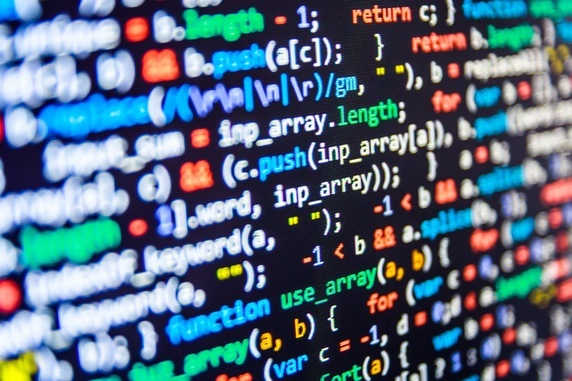For some programmers, the presentation of their coding might not be as important to them as whether or not their programming actually works, but there are actually so many benefits of being able to code as cleanly as possible. Beginners at programming doing a simple solo project might get away with creating a functioning program with messy codes, but even then said program would be incredibly hard to be comprehended, or even maintained properly. Now, imagine doing a big programming project in a team and making a mess out of your coding; surely no one else would be able to even understand the general structure of your job, no matter how good the end result actually is, and all that will come out of it is high levels of technical efficiencies and redundancies that could easily be avoided if you have followed the clean coding or programming principle.
First of all, what in the world is the clean coding principle? At its core, it is a software development and programming style that focuses on the readers of said codes. This means that any programming that follows this principle should aim to be easy to write, read, and maintain as possible. The main reason why it is important for anyone to consider implementing this particular programming style is that because at the end of the day, programmers are not writing a particular code or program just for a computer to consume and process, but rather to actual, real-live human audiences.
Sure, it might be tempting to just write sloppy codes because you could technically get away with it as long as the program you are writing is working as you intended it to, but doing so will only bite you in the future as you struggle with its maintenance. On the other hand, programming as cleanly as possible does not actually take more time than writing it slovenly. It might seem hard to code cleanly at first, as you do need to put extra care into it, but once you have gotten used to this practice you will be able to program even quicker than before as your codes become easier to manage. Not only that, sloppy codes will cost you your time and energy and money in the long term, as with it comes an increased frequency of bugs that you will have a hard time trying to debug due to the fact that your codes are difficult to comprehend.
Clean programming will also get you out of the depressing phenomenon known as technical debt among programmers. This is because sloppy codes can easily make programs that are supposed to be easy to create and maintain into their exact opposites, and considering how developers by large prefers good quality rather than quantity, technical debt can easily be depressing and frustrating to many. If you do not have a technical debt to burden you, you will be able to reuse the codes you have written and set a good quality standard.

